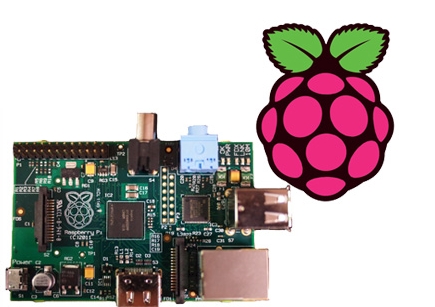
Games, apps and developer tools on offer
The company behind the ultra cheap, bare-bones computer Raspberry Pi has launched an app store, giving users the option to download different applications and programs.
The store has today gone live with 25 apps, tools and games available free of charge or for a small fee. Apps available include LibreOffice, an open source rival to Microsoft Word, Cricket Scores Live and puzzle game Storm in a Tea Cup.
A host of developer tools are also available, including HUD sprite pack for anyone developing games for the Raspberry Pi and an audio effects pack.
Writing on the company's blog, founder Eben Upton, said he hoped the store would inspire younger people to get involved with not only the Raspberry Pi but coding as well.
"We hope that the Pi Store will provide young people with a way to share their creations with a wider audience, and maybe to a make a little pocket money along the way; as well as offering commercial developers an easy way to get their software seen by the Raspberry Pi community," he said.
"The Pi Store will, we hope, become a one-stop shop for all your Raspberry Pi needs; it's also an easier way into the Raspberry Pi experience for total beginners, who will find everything they need to get going in one place, for free," he added.
Like apps stores from the likes of Apple, Google, Microsoft and Amazon, users have the option to give feedback on whatever they have downloaded. This will be used to create a rating system that will mean more popular content will "percolate" to the top, as Upton puts it.
The Raspberry Pi was launched in February this year. It is a very basic computer that the user can plug into their TV or PC monitor as well as hook up to broadband and attach to a keyboard. It is primarily aimed at getting younger people into coding, which will help the UK plug its worrying skills gap in that area.
It is also proving popular among older computer enthusiasts as well who may have grown up with the BBC Micro or ZX Spectrum, the company has said.
According to the BBC, the Raspberry Pi Foundation was expecting to sell around 10,000 devices this year, but has instead shipped over 750,000.





